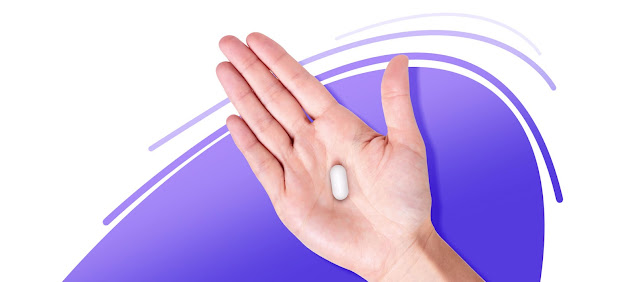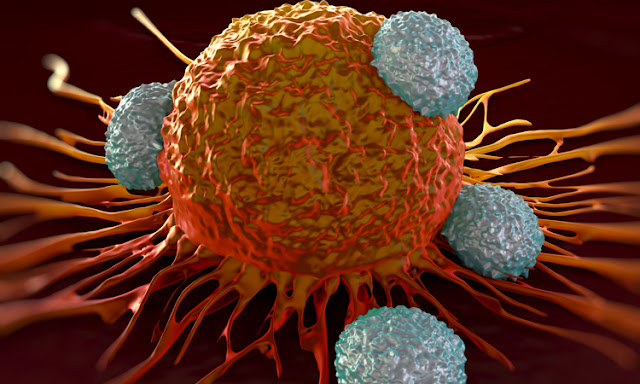Constipation Treatment; Depends on the Severity, Duration, and Cause, Which May Include a Range of Factors
Constipation is a medical condition in which an individual has uncomfortable or infrequent bowel movements. It occurs when bowel movements become less frequent and stools become difficult to pass.
Constipation most usually occurs when stool moves too slowly through the digestive tract or cannot be eliminated effectively from the rectum, which may cause the stool to become hard and dry. Severe constipation is more common in elderly women, with rates of constipation two to three times higher than that of their male counterparts.
The Constipation Treatment Market is witnessing significant growth due to the rising prevalence of digestive disorders and lifestyle changes.
Symptoms may include lower abdominal discomfort, infrequent bowel movements, lumpy or hard stools, and feeling of blockage in rectum that prevents bowel movements, among others. Aging, little/no physical activity, diet low in fiber, dehydration, and mental conditions such as depression and eating disorder are some major factors which may lead to constipation. Treatment starts with lifestyle and change in diet to increase the speed at which stool moves through intestines. Physician may also recommend medications or surgery.
A quick Constipation Treatment can help induce a bowel movement in as little as a few hours, such as a fiber supplement, eating foods that are high in fiber, drink a glass of water, taking a laxative stimulant, taking an osmotic laxative, try a lubricant laxative, try an enema, try a suppository, using a stool softener, and some exercise, among others. Eating foods that are high in fiber can help find relief from constipation, according to the United states National Institute of Diabetes and Digestive and Kidney Diseases (NIDDK).
Most cases of mild to moderate constipation can be managed by people at home. Self-care starts by taking an inventory of what they eat and drink and then making some changes. Moreover, doctor may recommend some supplements and medications.
A few prescription medications are available to Constipation Treatment, such as prucalopride (Prudac, Motegrity), lubiprostone (Amitiza), plecanatide (Trulance), linaclotide (Linzess), and lactulose (Cephulac, Kristalose). A doctor will pick the drug that might work best for patient based on the results of the tests.




Comments
Post a Comment